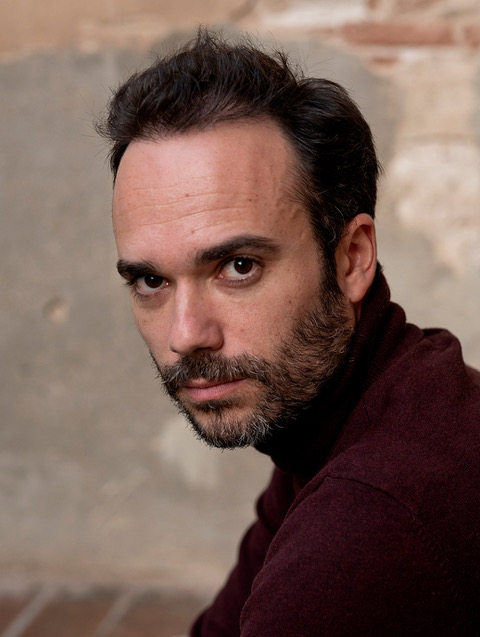
S
ituated in the picturesque landscape of Pollença, right at the foot of the Serra de Tramuntana, Sa Cabreta greets visitors with the soothing melody of goat bells and the scent of fresh herbs. The goat farm celebrates the intersection of Mallorcan nature, sustainable agriculture and exquisite goat milk products. Sa Cabreta is home to a diverse herd of native Murciano-Granadina goats, grazing on expansive fields. They are carefully bred for their productivity and ability to thrive in Mallorca's unique climate and landscape, which is characterized by water scarcity and rugged terrain. These goats not only contribute to the production of high-quality milk but also play a crucial role in maintaining the ecological balance of the farm which has become a core principle of the founders.
After working in tourism for several years, Pollença natives Nicolau Cerdà Pons and his business partner Josep Sanchez Amer wanted to get back to their Mallorcan roots to honour their heritage. Thus, they started Sa Cabreta in December 2019, just before Covid hit the world. Opening their business at that time was a blessing in disguise. While during the next few months all Spanish citizens were obligated to stay at home, agriculturists were among the few professions who were allowed to leave home for work. Hence, Nicolau and Josep started delivering the Sa Cabreta products to the doorsteps of their neighbours and the residents of their home town Pollença. From then on, the demand for the ecological Sa Cabreta products grew. Reaching more and more people motivated Nicolau and Josep tremendously during those difficult times.















